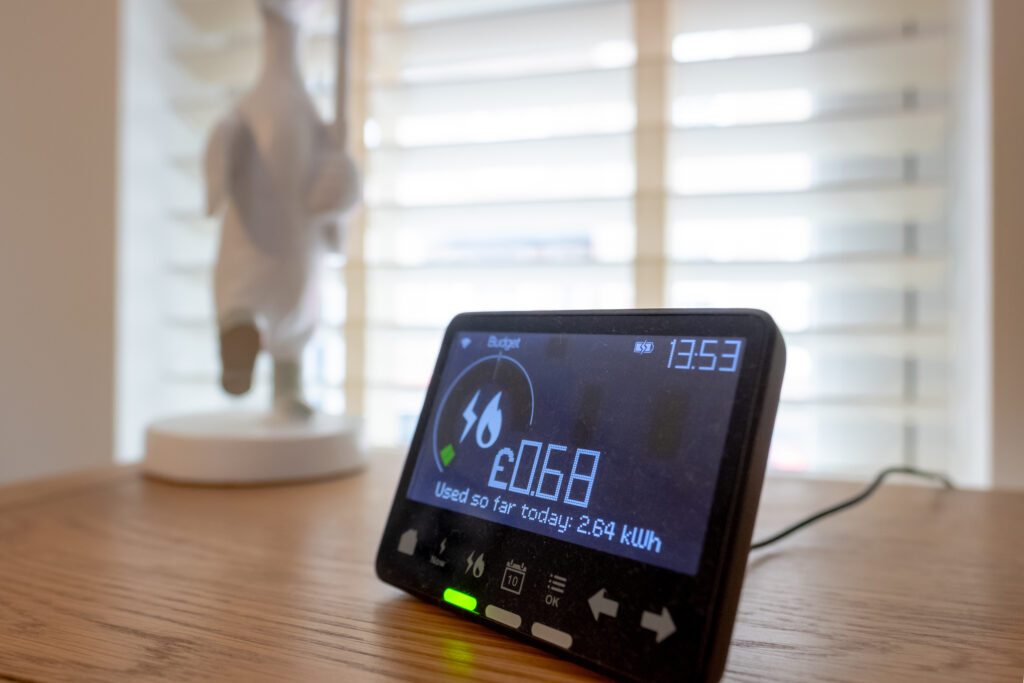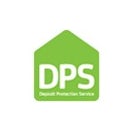In the age of still high energy costs and growing awareness of energy efficiency, smart meters have emerged as a valuable tool for tenants and landlords alike. By providing detailed insights into energy usage and helping to manage costs more effectively, smart meters are revolutionising the way we consume energy. In this article, we explore the benefits of smart meters for tenants, discuss how landlords can facilitate their installation and provide practical advice for both parties to make the most of this technology.

Understanding Smart Meters
Smart meters are digital devices that replace traditional gas and electricity meters. They automatically send readings to your energy supplier, eliminating the need for manual meter readings and estimated bills. This technology enables real-time monitoring of energy consumption via an in-home display or a smartphone app, giving users precise control over their energy use and costs.
Benefits of Smart Meters for Tenants
For tenants, smart meters offer several significant advantages:
Cost Management
One of the primary benefits of smart meters is their ability to help tenants manage energy costs effectively. By providing real-time data on energy usage, tenants can identify patterns and make informed decisions about their energy consumption. This transparency helps in setting budgets and avoiding unexpected bills, making it easier to manage household finances.
Energy Efficiency
Smart meters encourage more conscious energy usage. With visibility into when and how energy is being used, tenants can identify opportunities to reduce wastage, such as turning off unused appliances or adjusting heating settings. This not only helps in reducing bills but also contributes to a more sustainable environment.
Accurate Billing
Gone are the days of estimated bills. With smart meters, tenants receive bills based on actual usage, ensuring they only pay for the energy they consume. This accuracy eliminates disputes over estimated readings and ensures fair billing.
How Landlords Can Facilitate Smart Meter Installation
Landlords play a crucial role in ensuring their properties are equipped with smart meters. Here’s how they can facilitate this process:
Understanding Rights
In the UK, tenants have the right to request the installation of a smart meter in their rented homes. However, landlords can also proactively arrange for smart meters to be installed, which can make the property more attractive to potential renters. It’s important for landlords to understand the tenant’s rights and ensure that any installations comply with current regulations.
Collaborating with Energy Suppliers
Landlords should communicate with energy suppliers to understand the process and costs involved in installing smart meters. Many suppliers offer free installation as part of their services, making it a cost-effective option for landlords.
Informing and Educating Tenants
Once a smart meter is installed, landlords should provide tenants with information on how to use it effectively. This could include guidance on reading the meter, using the in-home display and accessing energy usage data online. Educating tenants ensures they can fully benefit from the technology and potentially reduce their energy costs.
Steps for Tenants to Arrange Smart Meter Installation
If a property doesn’t already have a smart meter, tenants can take the following steps to arrange installation:
Check Tenancy Agreements
Before making any changes, tenants should review their tenancy agreement to understand any clauses related to the installation of smart meters. It’s important to communicate with the landlord and obtain consent.
Contact the Energy Supplier
Once the agreement is checked, tenants can contact their energy supplier to request a smart meter. Most suppliers are eager to install smart meters and will guide tenants through the process. Installation is usually free and straightforward, involving minimal disruption to the property.
Coordinate with the Landlord
Tenants should keep their landlord informed about the installation plans. This ensures transparency and can help maintain a positive tenant-landlord relationship. It also provides an opportunity to discuss any concerns or queries about the process.
Addressing Common Concerns
Despite the benefits, some tenants and landlords may have concerns about smart meters. Here are a few common issues and how to address them:
Privacy and Security
Some tenants worry about privacy and data security with smart meters. It’s important to note that smart meters are designed with strict security standards, and data is anonymised before being sent to suppliers. Tenants can also choose to share as much or as little data as they are comfortable with.
Technical Issues
Occasionally, technical issues may arise with smart meters, such as connectivity problems or faulty readings. Tenants should contact their energy supplier promptly to resolve these issues. Suppliers are generally responsive and will ensure that any faults are corrected quickly.
Embrace the Future of Energy Management
Smart meters offer an excellent opportunity for both tenants and landlords to manage energy consumption more efficiently. By embracing this technology, tenants can gain greater control over their energy costs, while landlords can enhance the appeal of their properties. As energy prices continue to stay high, smart meters represent a smart investment in the future of energy management.










